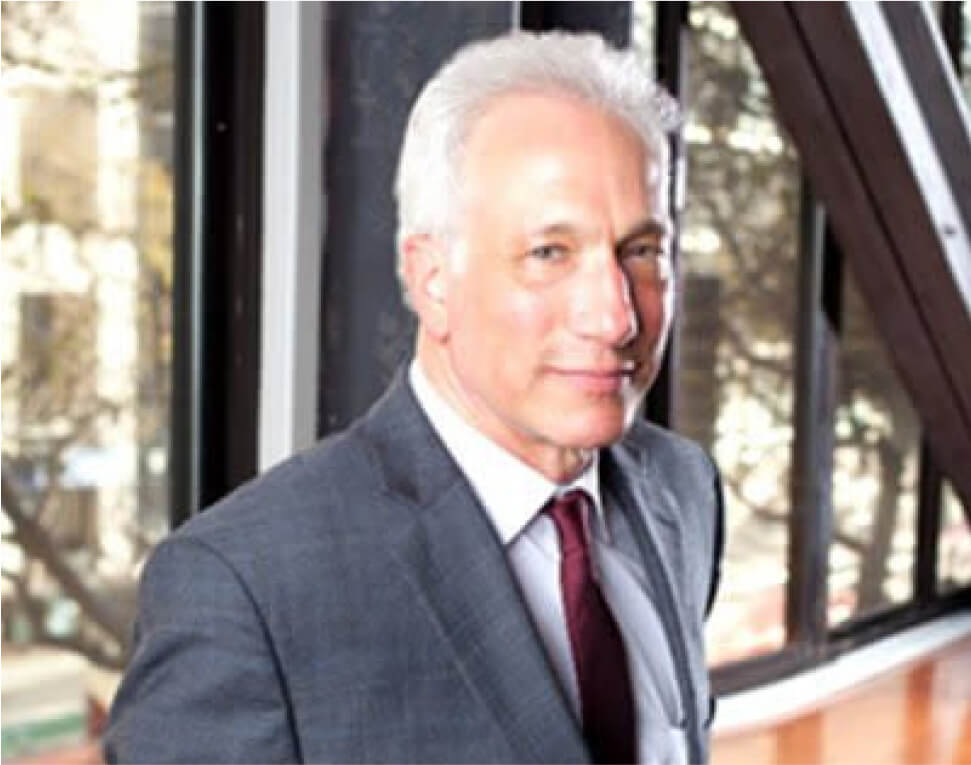Posted in Uncategorized
Motorcycle accidents are often treated differently by insurance companies than typical car crashes. From how fault is viewed to how injuries are evaluated, riders may find that their claims take a different path—sometimes with added obstacles. Whether someone was injured in a serious collision or a low-speed incident, it’s important to know how these cases are handled behind the scenes.
Perception Of Motorcycle Riders
Insurance companies often approach motorcycle claims with assumptions that can work against riders. There’s a persistent belief that motorcyclists take more risks than other drivers, even when the facts show otherwise. As a result, adjusters may look more critically at a claim filed by a motorcyclist, especially when fault is in question.
These assumptions can influence how statements are interpreted, how damages are calculated, and whether a fair settlement offer is made.
Injury Assessments Can Be More Complicated
Injuries in motorcycle crashes tend to be more serious than those in passenger car accidents, even at lower speeds. Without the physical protection of a car frame, riders are more exposed and likely to suffer broken bones, road rash, or head trauma. However, that doesn’t always lead to faster claim resolution.
Insurance companies often require more documentation for motorcycle-related injuries. Riders may be asked to provide additional medical records, proof of ongoing treatment, or detailed explanations about how the injuries impact daily life. This can slow down the process and sometimes result in lower initial offers than what’s truly needed for recovery. It’s especially frustrating providing this additional documentation, only to have your insurance claim denied.
Damage To The Motorcycle Is Treated Differently
Motorcycle damage is assessed differently than damage to cars. Adjusters may not have the same tools or experience with motorcycles, which can lead to undervaluing the cost of repairs or replacement. Parts can be harder to find, and cosmetic damage is more visible and harder to ignore.
Unlike cars, motorcycles often have custom parts or aftermarket upgrades that aren’t fully accounted for in a standard estimate. Riders may need to provide receipts, photographs, or detailed service records to support their property damage claims.
Helmet Use And Injury Claims
One issue that often comes up in Florida motorcycle claims is helmet use. While riders over a certain age can legally ride without a helmet, insurance companies may still try to use helmet choice as a factor when evaluating injuries.
Even if the law doesn’t require helmet use, an adjuster might argue that not wearing one contributed to the severity of the injury. Insurance adjusters may try using this argument to reduce the payout amount by arguing that the injuries were a result of the rider’s negligence.
Working With An Attorney Can Shift The Balance
When dealing with insurance after a motorcycle crash, it helps to have someone familiar with these unique issues. Riders often benefit from legal support to push back against low offers, biased assumptions, or slow processing.
Attorneys like those at Loshak Law PLLC can attest to how often these issues appear in real cases. They understand how insurance companies operate and what steps make a difference when protecting the rights of injured riders.
If you or someone you know has been hurt in a crash, a motorcycle accident lawyer can help evaluate your claim, deal with insurance challenges, and guide you toward the outcome you deserve. Taking the right steps early on can prevent long delays and strengthen your position in the claims process. Reach out to an attorney today to get the help you need!
